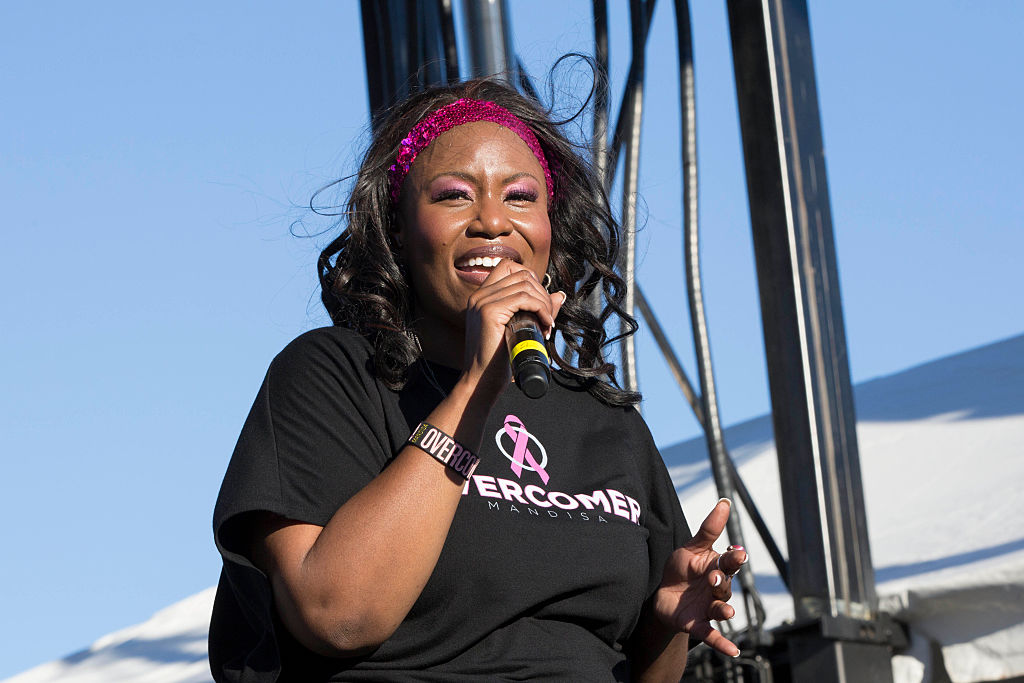Nine years ago, Detroit native Kevin Morton Jr. received a gunshot wound that put him in a coma for weeks. Doctors gave him a 10% chance of survival, and not only did Morton beat the odds, but this month, he graduated from medical school.
In a profile by the Washington Post, Morton said the level of care he received after the incident was what inspired him to turn his life around and pursue a career in medicine.
At the time of the attack, Kevin Morton Jr. was just 22, struggling through college, and working full-time at an Arby’s on Detroit’s 8 Mile Road. A man shot him one night as he was closing up the restaurant.
Morton suffered wounds to his diaphragm, pancreas, and intestines as well as a collapsed lung. He was fed through an IV for a year afterwards.
When he got back on his feet, Morton decided to re-start college in a pre-med program at Oakland University. “When you get a second chance at life you have a new-found purpose,” he said. “Maybe there will be someone else who will come in with potential and all they need is a fighting chance.”
This summer, Morton will begin his residency at St. John’s Hospital in Detroit, the same facility where he received treatment.
“It has been nothing but a fuel to my passion, being in the same hospital and sometimes having triggered memories. I just live it as a blessing every day,” Morton said. “I thank God everyday. I’m so thankful I have this opportunity.”
Morton’s homecoming is characteristic of many African-Americans in the health care field. According to research from American Medical News, “black medical students are likelier than any other group to have a firm commitment to practicing in underserved areas, with 55% saying they plan to do so.”
Unfortunately, they’re also in short supply. In 2011, only 2.5% of applicants to medical school were Black men. A higher but still disproportionately small percentage are Black women. While there are some 20,000 physicians working in urgent care clinics around the country, and more in private practice and in hospital settings, only 15% of all doctors in any kind of practice are black or Hispanic.
The Washington Post reports that in his youth, Morton “didn’t know any male Black doctors, so growing up he didn’t know he could dream that big.”
Morton’s story is inspiring because he didn’t just overcome injuries; he overcame enormous disparity. Yet he continues to remain humble and grateful.
“I’m basically paying back what was given to me, that spark of hope, that individual attention,” Morton told reporters. “I just want to continue to give that back.”
Image Source: NBC News


















